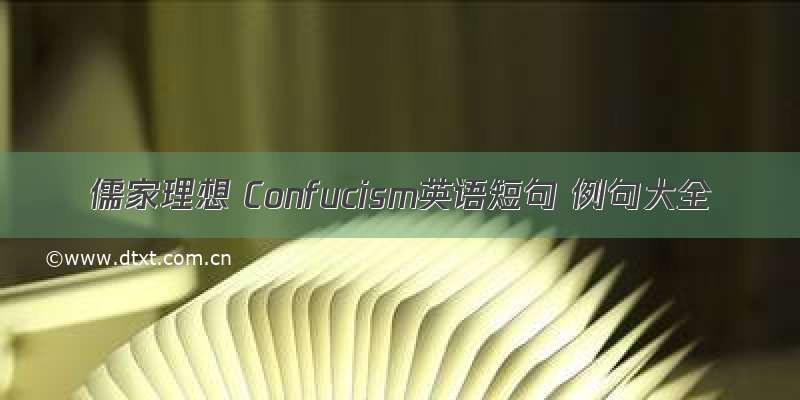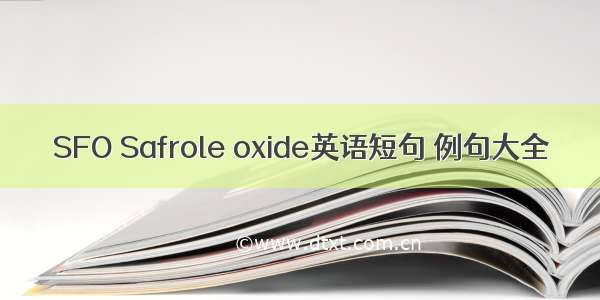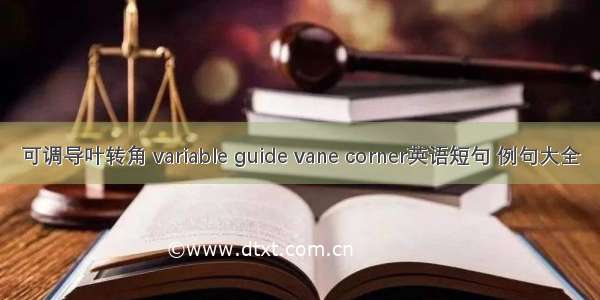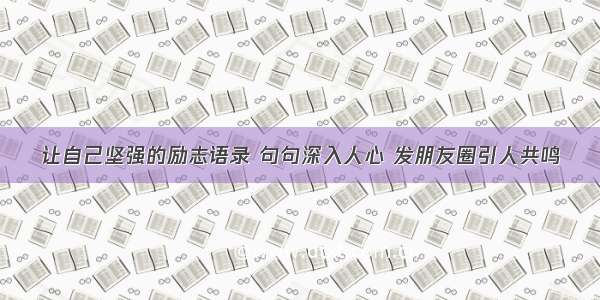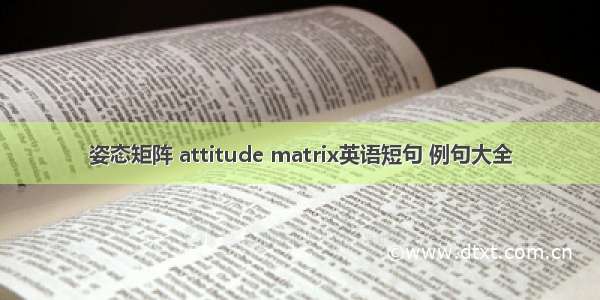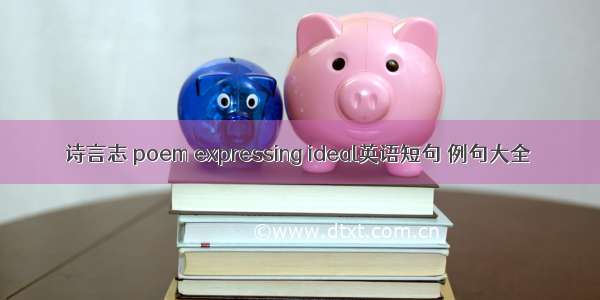
诗言志,poem expressing ideal
1)poem expressing ideal诗言志
1.This paper focuses on the background,canonization and ways of the “poem expressing ideal.本文对“诗言志”的产生年代、经典化过程和途径进行了论述。
2.Traditionally, Chinese poetry is to express the author’s emotion, namely, the theory of “poem expressing ideal”.中国诗歌历来走的是抒情的道路 ,“诗言志”一说古已有之。
英文短句/例句
1.From Inditing to Poetizing: to make know one s ambitions--On Development of Chinese Poetics;从赋诗言志到作诗言志——中国诗学产生历程考述
2.A View on Sima Qian s Obtaining the Literary Feature in Records of the Historian;从“诗言志”到“史言志”——《史记》文学发生论
3.Some Remarks on the Origination of the Five-Character Poems: Starting from the Distinction between“Poetry as Expression of Ambitions”and“Poetry Arising from Emotions”;论五言诗的起源——从“诗言志”、“诗缘情”的差异说起
4.A Talk About the Historical Necessity from“Poems Expressing Wills”to“Poems Endowed With Feeling”;论“诗言志”走向“诗缘情”的历史必然性
5."The Poem Says Will"--The First Cultural Trace To The Source Of Classical Poetrics;“诗言志”——古典诗学文化溯源之一
6.My View on “Poems Expressing Ambitions” --A Moral Proposition of Chinese Poetry;“诗言志”也辩——中国诗学的一个人格命题
7.“Poetry Articulates what is on the mind intently”Is a Prescription on the Musical Essence of Chinese Poetry: a Phenomenonological Interpretation of This Assertion on Poetry;“诗言志”对汉语诗歌音乐本质的规定——借助现象学方法再论“诗言志”
8.A Comparative Study of Poems and Ci by Jiang Kui诗言志 词缘情——浅论姜夔诗词思想内容之异
9.A Comparative Study of Poems and Ci by Jiang Kui;诗言志 词缘情——浅论姜夔诗词思想内容之异
10.Poems Express Will, Songs Intone Emotion--On the lyrical art of China s classical poetry;诗言志 歌咏情——谈中国古典诗词的抒情艺术
11.On the correlated origin of the concepts of versed prose,imagery,inspiration,revelation of heart and poetry comprehension;论赋、比、兴与“诗言志”及“诗教”的发生学关联
12.Discussing the Phenomenon of " Express Intention by Composing a Poem" on the Diplomatic Occasion in the Period of Chunqiu;也谈春秋时期外交中的“赋诗言志”
13.Transformation of "The Poem Speaking out the Poet′s Ideal" and Construction of Contemporary Literary Theory;“诗言志”的转换与当代文学理论建设
14.On Common Purport of "Poetry to ExpressAspirations" and "Thought of Justice;“诗言志”与“思无邪”的共同旨趣
15.Viewing the Difference Between "Literature Carrying Tao"and "Poetry Expressing Zhi" from the Perspective of Confucian Linguistic Ideas;从儒家语言观看“文载道”与“诗言志”的歧异
16.Formation of Ancient Critic Classics in Perspective of Canonization of “Poem Expressing Ideal”;从“诗言志”的经典化过程看古代文论经典的形成
17.Studying the "Efficiency History Consciousness" by "Poetry Expressing Ideals" from Annotation;从诠释学角度解读“诗言志”阐释的“效果历史意识”
18.Xingren and Xiang in Making Poems to Express One s Will;“诗以言志”中的“行人”与“相”
相关短句/例句
poetry expressing ideals诗言志
1.As an assigned poetry topic,"poetry expressing ideals" received many explanations in different periods of history.“效果历史意识”是伽达默尔诠释学的一个重要概念,意指与历史传统密切相关的意识,强调的是历史与诠释者之间相互影响的效果,“诗言志”作为一个诗学命题,在历史的不同时期遭遇多种阐释。
3)the theory of Shi Yan Zhi诗言志说
1.The contents of "Big Foreword of Poem "can be divided into three aspects: one is the theory of Feng Hua,the second isthe theory of Shi Yan Zhi,the third is the theory of Liu Yi.《诗大序》的内容可以分为三方面:一为风化说,二为诗言志说,三为六义说。
4)to make know one"s ambitions by poetizing作诗言志
5)The Analyze of Poem Express Ambition《诗言志辨》
1.The Poem-Creation inThe Analyze of Poem Express Ambition by Zhu Ziqing;注重考辨 以史料证史——论朱自清先生《诗言志辨》的研究方法
6)Making poems to express one"s will诗以言志
延伸阅读
诗言志诗言志中国古代关于诗歌特征的基本概念。最早见于《尚书·尧典》:“诗言志,歌永言,声依永,律和声。”先秦其他历史散文和诸子散文中也普遍有这种说法。但同是“诗言志”,其含义却不尽相同。如《左传》所指,乃是“赋诗言志”的意思。而这里所说的“诗言志”,意为“诗是言诗人之志”,而非“赋诗言志”。“志”的含义侧重指思想、志向、抱负等。此外,也当含有情的因素。因为当时《礼记·乐记》中已提出了“情动于中,故形于声”,而当时诗、乐是不分的。至汉代,《毛诗序》开始正确地将情志并举:“诗者,志之所之也,在心为志,发言为诗,情动于中而形于言。”随着诗歌创作不断深入,至六朝时,“诗言志”的理论逐渐形成3个支派:一是以裴子野为代表的重志(理)派,一是以陆机为代表的重情派,一是以刘勰、钟嵘为代表的情志并举派。而其主流是情志并举。后世诗论者如唐代孔颖达、白居易,清代的叶燮、王夫之,都坚持了这一主流。这是对“诗言志”传统的继承和发展,是对中国古代诗歌艺术规律的总结性贡献,在中国诗歌批评史上占有极其重要的地位。




